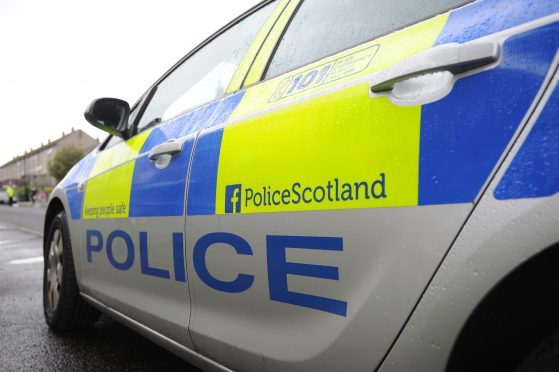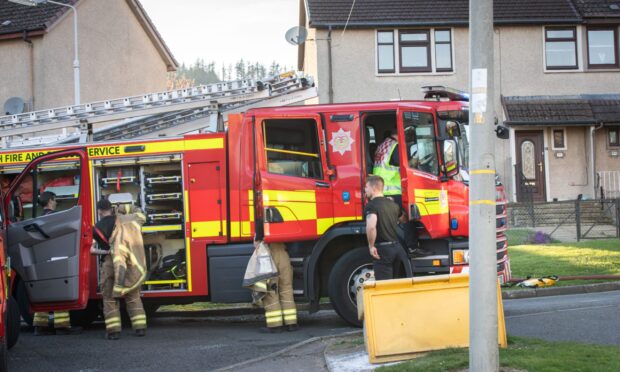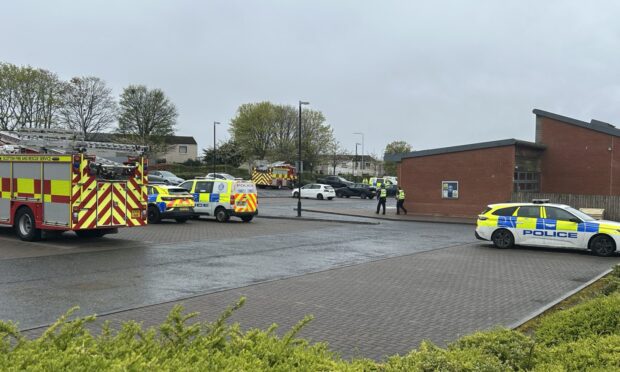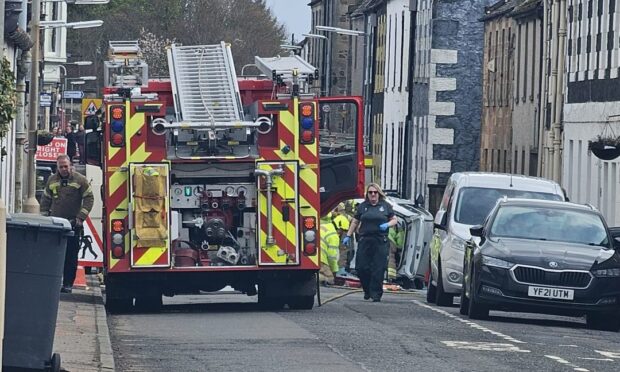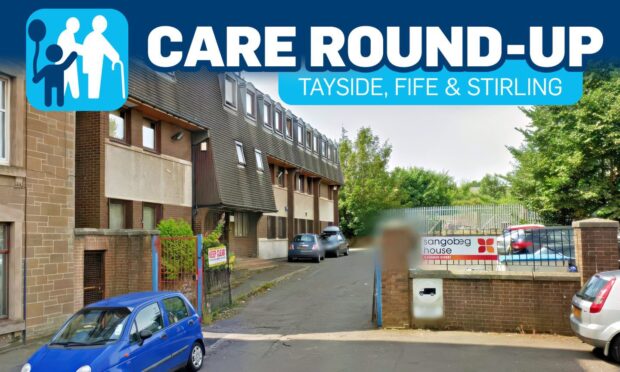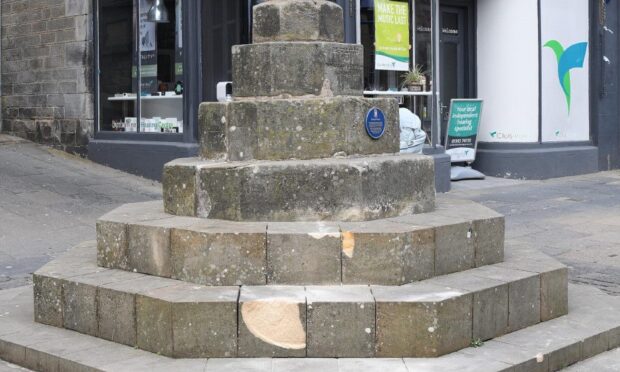Nearly three quarters of registered sex offenders in Fife are currently living in community settings, The Courier can reveal.
Shocking new figures presented to Fife councillors have confirmed there were a total of 462 people on the sex offenders register in Fife at one stage last month.
Of that number, 331 were being housed in the community, with the remainder in prison.
It has also emerged an estimated 20% of all registered sex criminals in Fife are deemed to be “internet only” offenders, although assurances have been given they are being closely monitored by agencies and partners working in the field.
The situation came to light as part of a briefing to Fife councillors by Alan Small, the independent chair of Fife’s child protection and adult support and protection committees.
Although he admitted resources are an issue when monitoring the movements of offenders, Mr Small told the region’s environment, protective services and community safety committee that data about all of Fife’s registered sex offenders was included on the nation-wide Violent and Sex Offender Register (VISOR) – a database which can be regularly accessed and updated by “responsible authorities”.
He said: “Resources follow risk, so we try to put resources to those who are more likely to reoffend.
“In terms of internet only offenders, a lot of the evidence is that they are less likely to reoffend, and extremely unlikely to go on and commit contact offences, so it’s about adjusting resources to manage the highest risk.”
The issue has come to the fore in Fife in recent months with a number of local sex offenders being outed on social media.
In one instance last month the Innocence Keepers organisation — a group which says its aim is to “safeguard all children from predators on the internet” — launched a sting operation on an unsuspecting Leven man.
Given the sensitivity surrounding the subject, Mr Small said what is known as an “environmental risk assessment” is carried out in communities before someone is housed in an area to protect the public, as well as the offenders themselves.
Dougie Dunlop, head of education and children’s services (Enhancing Opportunities for the Vulnerable) and chief social work officer, conceded that it is “very hard to manage community expectation”.
But he stressed: “The key message is that it’s much better that we know where these offenders are, rather than not knowing.”
The sex offenders register contains the details of anyone convicted, cautioned or released from prison for sexual offence against children or adults since September 1997, when it was set up.
Under the Sex Offenders Act 1997, as amended by the Sexual Offences Act 2003, all convicted sex offenders must register with the police within three days of their conviction or release from prison. Failure to register is an offence which can carry a term of imprisonment.
Higher risk offenders are subject to further surveillance which can include electronic tagging and other strict conditions.
Multi Agency Public Protection Arrangements (MAPPA) bring together the police, local authorities, the Scottish Prison Service (SPS) and health boards as responsible authorities to jointly establish arrangements to assess and manage the risk posed by sex offenders and mentally disordered restricted patients.
